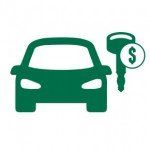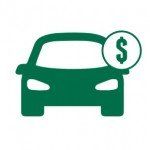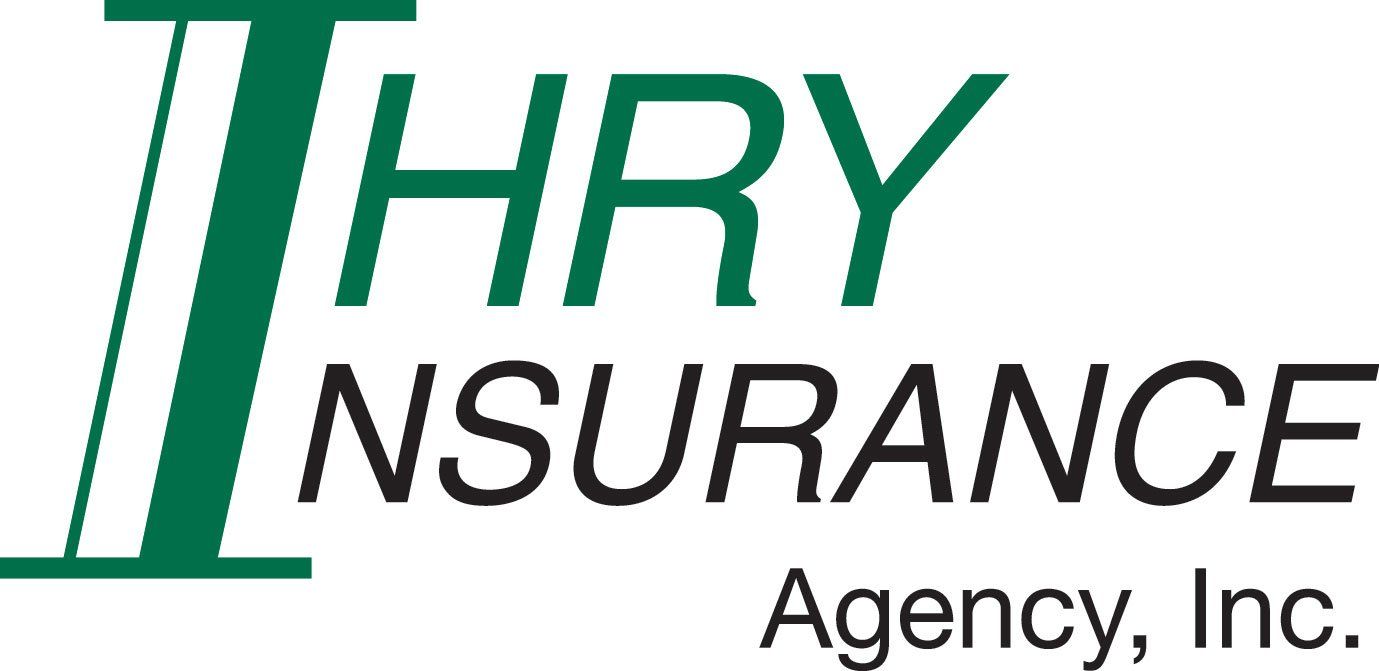Car Insurance Options
Auto Insurance Options in West Fargo, ND, and the Surrounding Areas
Did you know that a motor vehicle accident happens in the United States every eighteen seconds? This means that there’s a high probability you’ll be involved in an accident at some point, even through no fault of your own.
Every time you get behind the wheel, there’s no way to know what will happen. This makes having car insurance so important. Whether it’s a minor fender bender or a catastrophic disaster, having insurance coverage protects you from the risk of devastating financial loss due to unforeseeable vehicular incidents.
Call Ihry Insurance with your car insurance needs and request a free quote today.
What is Car Insurance?
Car insurance is a policy that protects a vehicle owner from financial loss that results from operating a vehicle. The policyholder pays monthly premiums, and in turn, the insurer provides compensation for any accidents or damages that the insured driver and vehicle are involved in. The insurance typically pays for repair costs, medical costs, legal fees, and vehicle replacement costs if it becomes necessary.
Available Types of Car Insurance Coverage
Vehicle policies usually provide several essential coverage options, which include, but are not limited to, the following:

Bodily Injury Liability
Bodily injury liability covers costs that result from injury and loss in a motor vehicle accident. Commonly covered items include lost wages, compensation for pain and suffering, medical bills, and legal costs if a claim is brought against you. Bodily injury coverage is a requirement of all vehicle insurance policies.

Property Damage Liability
This protects you from loss associated with damaging someone else’s vehicle or private property as a result of an accident that you are responsible for. Most states require your vehicle insurance policy to include property damage coverage.

Collision and
Comprehensive Coverage
Collision coverage provides compensation for damages to your vehicle if you are involved in a collision with another car, regardless of if you are at fault or not. The insurance only pays the costs that exceed the deducible amount, which you must pay out-of-pocket. This type of coverage is generally optional, but if your vehicle is financed, it is usually a requirement. In addition, coverage protects you from loss due to factors outside of a motor vehicle collision, including damages such as vandalism, theft, falling objects, and those that result from natural disasters.

Uninsured and Underinsured Motorist Coverage
This coverage protects you and your passengers from loss caused by being in an accident with a driver who has either no auto insurance or not enough insurance to cover the cost of your medical bills, repairs, and other related expenses.

Medical Coverage or PIP - Personal Injury Protection Coverage
This covers the costs associated with medical bills that result from being involved in an accident no matter who is responsible for the incident.

Rental Reimbursement Coverage and Roadside Assistance Coverage
If you need to rent a car because your vehicle is damaged in an accident, rental reimbursement provides a daily allowance amount that covers the cost of renting the vehicle.
Costs Associated With Car Insurance
There is no set cost attached to car insurance policies. Brokers take several factors into consideration to determine your auto insurance rates and premiums including:

Vehicle Value and Ownership
The value of your vehicle is a key factor in the cost of your policy. In general, the higher the value of your vehicle, the more expensive your insurance premiums will be. If you own your vehicle outright, you are not required to have any specific coverage types or amounts. However, if your car is financed or leased, the lien holder usually requires you to have either collision or comprehensive coverage and, in some cases, both.

Out-of-Pocket Costs
Your deductible is the amount that you must pay out-of-pocket before your insurance coverage kicks in. The higher the deductible on your policy, the lower the monthly premium amount you have to pay.

Health Insurance Status
If you have your own health insurance coverage, excluding this option from your policy is possible and will result in a lower premium payment. However, if you do not have adequate health insurance, including this option is very important.

Driver Age and Experience
Your age and driving experience are very important factors in creating your car insurance policy. In general, older and more experienced drivers pay lower premiums than younger and more inexperienced ones because they are less likely to be involved in an accident.

Financial Assets
The higher your net worth, the more you stand to lose if a claim is brought against you because of an accident. Your broker will recommend a coverage level that best shields your assets from loss.

Risk Tolerance
How much risk are you willing to take on? The higher your risk tolerance, the less coverage you need and the lower your insurance costs will be. On the other hand, the lower your risk tolerance, the higher your coverage and insurance costs will be.

Budget
The amount you can afford to pay for your auto insurance is a major factor in the types and levels of coverage you can include in your policy. The higher your budget, the more coverage, and protection you can afford to have.
Ihry Knows Car Insurance
Accidents always happen when you least expect them to, so being prepared and protecting your finances, well-being, and personal property with car insurance coverage is essential.
Working with a well-qualified car insurance agent ensures that you get the level of coverage required by your state and that you don’t pay more than you need to for your policy.
Finding the right auto insurance policy for your needs doesn’t have to be a stressful process. Call Ihry Insurance today and speak with one of our specialists to get the help you need and a free car insurance quote.


Share On: